“By what authority are you doing these things, and who gave you this authority?”[i]
The question was not pulled out of thin air. The Chief Priests and Elders watched the commotion Jesus stirred up entering Jerusalem on Palm Sunday, entering the city like but contrasting the Governor’s grand military entrance. They witnessed Jesus cleansing the Temple by flipping the tables of the money changers, driving out those selling animals, and causing an all-around disruption of the Temple’s economic system. The Chief Priests and Elders heard stories of Jesus healing people on the Sabbath of all days. They heard of him teaching about the Kingdom of Heaven in the synagogues, and they knew Jesus’s teachings contradicted their expectations and interests. So, the Chief Priests and Elders want to know who told Jesus he could do what he had been doing because, from their vantage point, he had gone rogue.
“Who told you that you could do what you’re doing? Who gave you permission? Because it surely was not us.”
In Jesus’s typical fashion, he answers their question with a question and a parable.
Jesus’s question about John the Baptist was impossible for the Priests and Elders to answer, and at the end of the day, their answers would not matter because their goal, as Matthew’s gospel moves closer to the cross, was to trap Jesus. They wanted to get him to say something incriminating so their problem from Nazareth could be taken care of.
Jesus’ parable declaring that tax collectors and prostitutes would enter the Kingdom of Heaven and get past St. Peter’s pearly gates, ahead of the Priests and Elders, was a continuation of the table flipping and Temple cleansing that stated the confrontation in the first place.

A father had two sons and asked the sons to go out and work in the fields. One of the sons replies, “Hell no! I won’t go.” Later, the father sees the insolent son hard at work in the field. The second son says, “Of course, father. Nothing would please me more than to go out and work in the field for you.” Later, the second son is asleep on the couch, having fallen asleep while watching the latest must-see series on Netflix.
Jesus looks to the Priests and Elders and says, “Think for a moment. Which of the sons did the will of the father? The one who said, ‘Hell no! I won’t go’ but then had a change of heart or the one who quickly said ‘Yes!’ before knowing the task but then did nothing?”
“By what authority are you doing these things, and who gave you this authority?”[ii]
The question of the authority of Jesus has been asked countless times throughout history, beginning in our scripture reading and continuing today. Who gave him permission to do the things he was doing? Who is giving Jesus permission to do the things he is doing today? We know that from the beginning of his ministry, Jesus taught and healed with an authority different from the religious leaders. The unclean spirits Jesus called to leave the bodies of the people they possessed knew Jesus of Nazareth was more than a backwoods rabbi.[iii]
After Jesus took his last breath from the cross, a Roman centurion knew that the Son of God has just died.[iv]
Still, the question remains today.
Who is Jesus of Nazareth?
Under whose authority is he continuing to transform the world?
Our attempts to answer the question have led the Church from theological inquiry and doctrinal statements to heresy and back over the centuries. Christian ethicist Stanley Hauerwas argues that, like the Priests and Elders, when we ask about Jesus’s authority, looking for a source apart from Jesus himself, we are tiptoeing toward idolatry. In looking outside of Jesus’s life, death, and resurrection, we are searching for an argument apart from the Word of God Made Flesh. Dr. Hauerwas writes, “If one needs a standard of truth to ensure that Jesus is the Messiah, then one ought to worship that standard of truth, not Jesus. There is no place one might go to know with certainty that Jesus is who he says he is. To know Jesus is the Son of God requires that we take up his cross and follow.”[v]
To know who Jesus is requires a change of heart.
So then, what does a parable about two sons tell us about God? How does any of what Jesus said change the church and world today? I am glad you asked.
Because we are embarking on a stewardship campaign, it is tempting for me to peach an interesting, informative, engaging, and entertaining sermon about this parable that will compel you to action. Somehow, by the authority of my office as Pastor of Walker Chapel, I can convince you to trust in the authority of Jesus, lean on his grace, and open your wallet a bit more than you did last year. A sermon like that not only betrays the meaning of today’s parable but would also be a sermon that does not proclaim the good of the Good News.
The second son said he would go but stayed on the couch, while the first son said “No” but changed his heart. And somehow, Jesus says, his authority and the Kingdom of Heaven are tied up in this.
Jesus’s authority, like his ministry, transforms the world by transforming lives. There is not a single person who has an encounter with Jesus who walks away as they arrived. That is what we pray happens when we gather for worship, study God’s word, and engage in mission. We do not want to step away as we arrived.
The second son gave lip service, saying “Yes,” all the while not planning on moving toward his father's will while the first son was changed.
Under whose authority is Jesus doing what he does?
His own. Jesus preaches with authority because this king and the kingdom are one and the same. Jesus’s authority, spoken as words of grace through Gospel Good News, softens us when our busy work hardens our hearts. It is not that the first son worked. The father’s will was done when the son finally said, “Yes.” “Yes, father, I trust you.”
The softening of our hearts is the work of God transforming us from the inside out as we say “Yes” to the authority of Christ and the will of God.
Worship is how we acknowledge Jesus Christ’s authority over our lives and all of creation. We know Jesus’s authority differs from any authority we are asked to submit ourselves to. Earthly authority is presented as a quid with an attached quo (a back-and-forth exchange), with our side of the deal always keeping us in debt to the quid. But (and it’s a big but so you know it does not lie) we worship a God who, while we are second sons who say “Yes” but are never moved or are a twelve-hour vineyard worker upset that our work is not rewarded more than the guy who showed up late, continues to invite us to step into grace and leave behind the idea that what we do matters more than having faith.
Jesus, it turns out, is a third kind of son, the one who both agrees to and does the will of the Father. In John’s gospel that last-yet-first son tells us exactly what the will of the Father is, that we believe in him.
The King and the Kingdom are one and the same; but also, we are the Body of that King and so we are deputized to make promises with the authority of God, “All your sins are forgiven.”
Faith in this Jesus tends to open things including our hearts, our minds, our doors, and our wallets. Opening possibilities, we did not know were possible and leading us into lives we would not otherwise have. Lives devoted, heart, mind, wallet, and strength, to living under the authority of Christ.[vi]
God’s plan for you, for me, is for us to have faith, to place our trust in Christ’s authority; nothing more and nothing less. And so, we worship, proclaiming Jesus’s authority over creation, accepting his invitation to the table, and expecting that our lives are and will continue to be transformed, all for the sake of the Kingdom of Heaven.
[i] Matthew 21:23, NRSV
[ii] Matthew 21:23, NRSV
[iii] Mark 1:22
[iv] Mark 15:39
[v] Hauerwas, Stanley. Matthew. Brazos Press. 2006. Pg 185.
[vi] I owe a huge thank you to Rev. Drew Colby for his help in finishing this sermon.






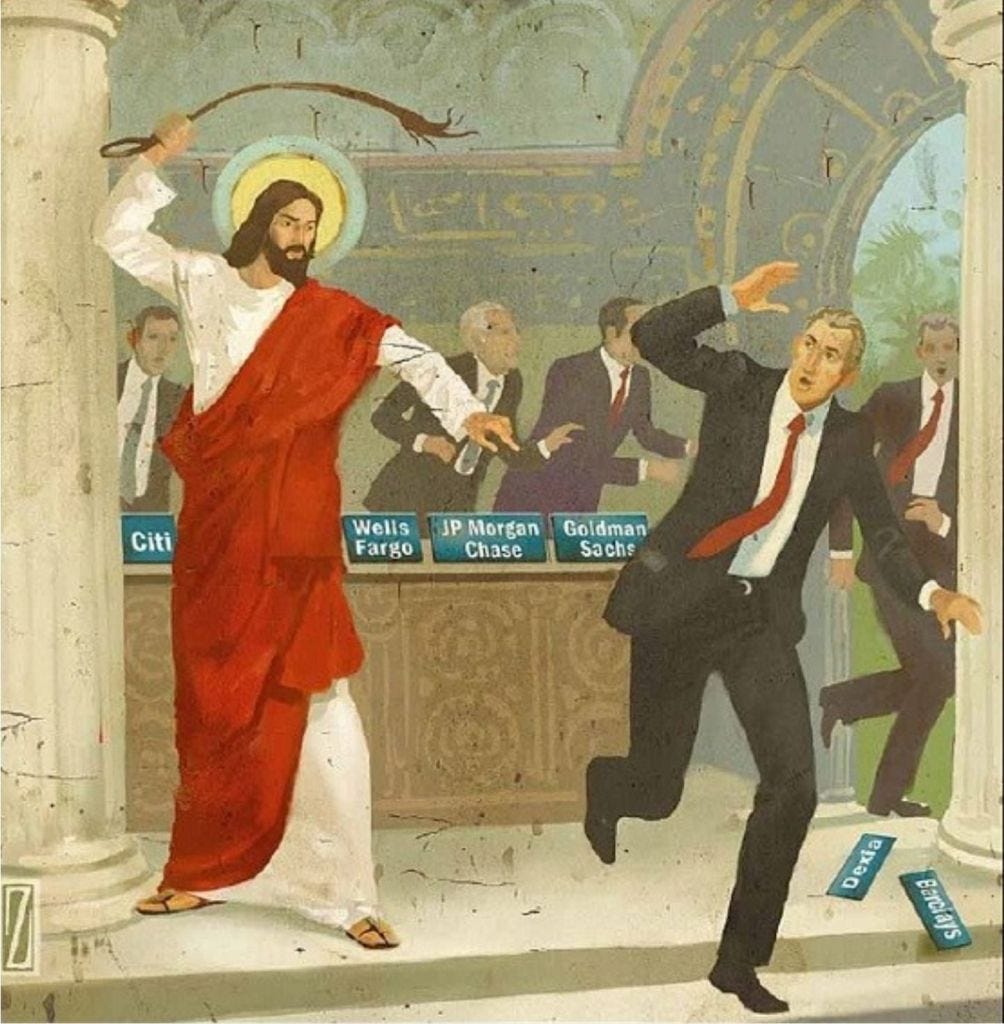
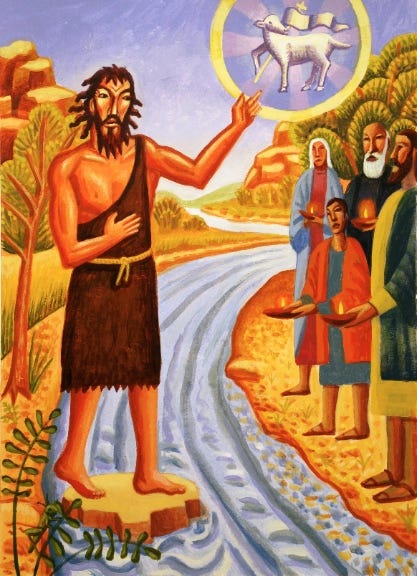
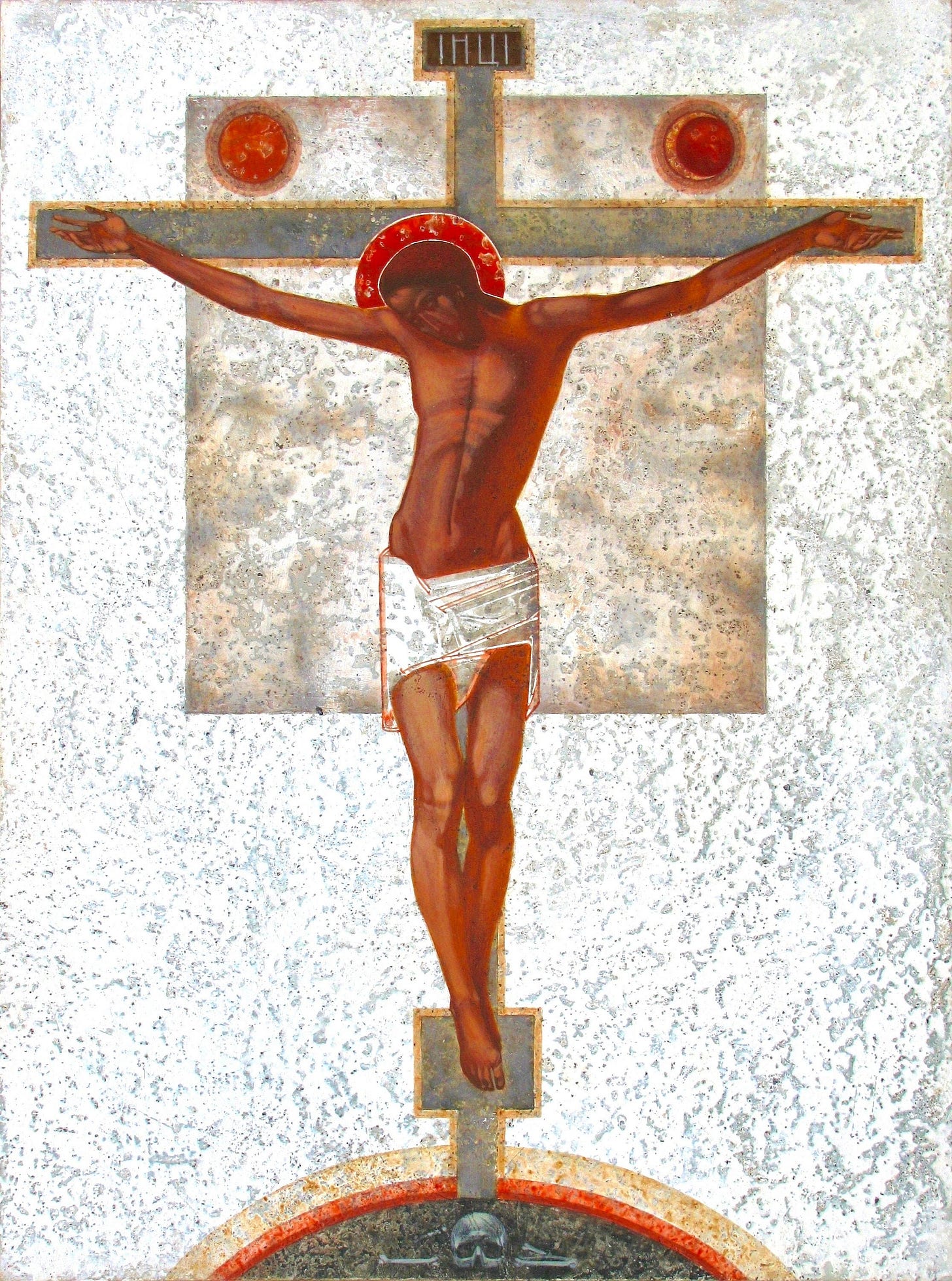

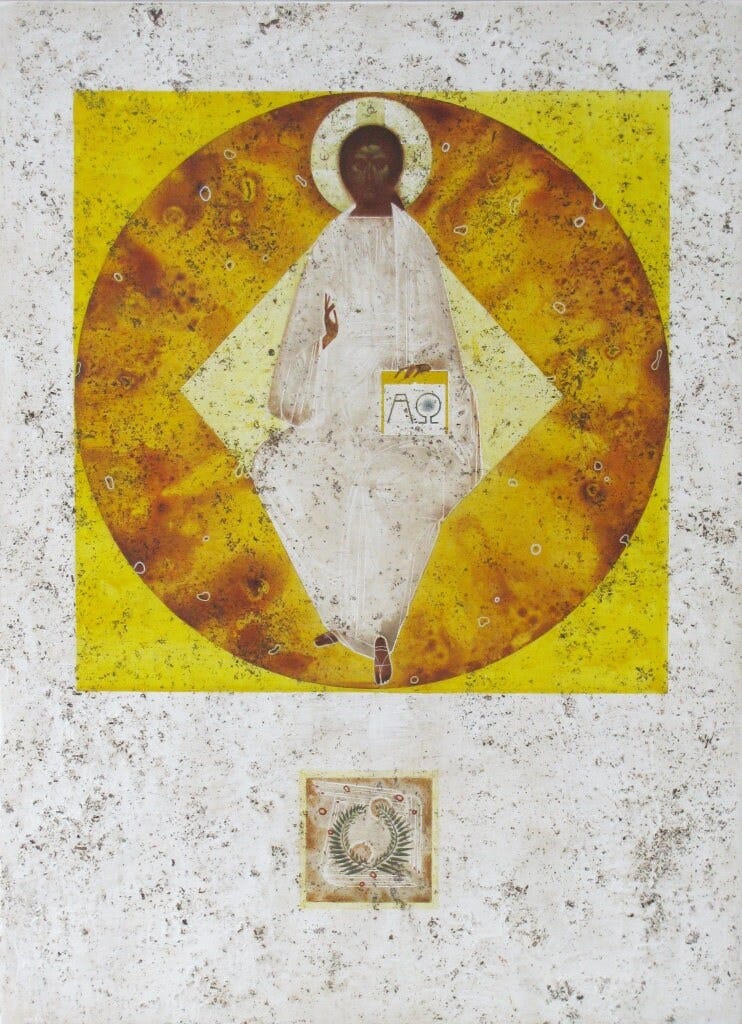

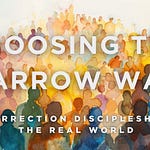







Share this post